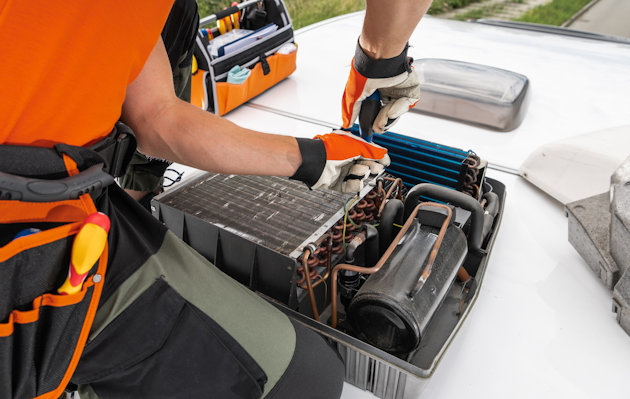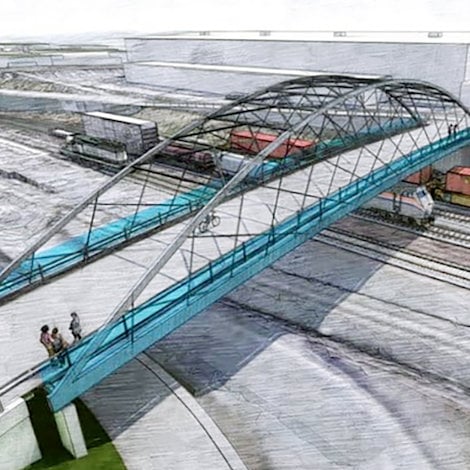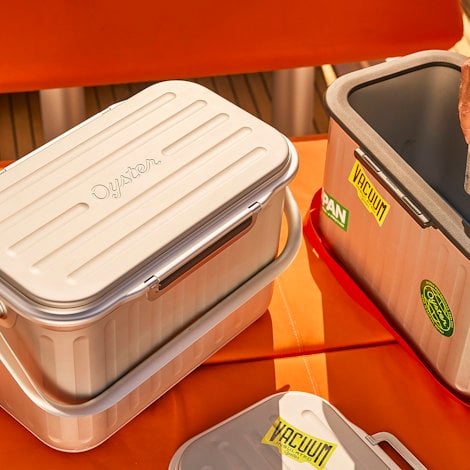Why air conditioners fail, and what manufacturers can do to prevent it
A number of studies have been published showing the clear advantage in thermal performance by switching from copper tube-and-fin heat exchangers to brazed aluminium micro-channel heat exchangers in HVAC&R applications. Durability is one of the main benefits. I will explain.
Durability is important to HVAC&R manufacturers because consumers expect the equipment they buy to last a long time. Simple as that.
Let me begin by identifying typical failure modes – both involve corrosion – and the reasons behind them. With residential HVAC condensing units, there are two typical failure modes:
- Refrigerant leakage due to corrosion of the heat exchanger
- Compressor failure due to a high duty cycle and high head pressure resulting from the loss of condenser heat transfer capacity
You can prevent the first through proper alloy selection, heat exchanger design and manufacturing process design. I am talking about aluminium, because aluminium heat exchangers are durable in a variety of environments. You should discuss long-life tube alloys with your supplier, and ask for guidelines on how you can combine alloys to achieve extremely high corrosion resistance.

The other common failure mode is compressor failure, which can be mitigated by choosing the right aluminium heat exchanger materials and expertise. This will slow the gradual loss of condenser capacity due to the detachment of fins from the tube.
Significant loss of performance in harsh conditions
Compressor failure is common in tube-and-fin heat exchangers. With copper tubes, the aluminium fin provides sacrificial corrosion protection of the tube. This is by design, as the fins are corroding in order to prevent the tubes from corroding. But as the fins corrode, the condenser’s ability to reject heat deteriorates.
Now, the rate at which this performance loss takes place for a given heat exchanger design depends on the operating environment for that heat exchanger, for example, marine and coastal environments. In these harsh conditions, copper tube-and-fin heat exchangers suffer a significant loss of performance early in their service life, leading to failure well before what is experienced in less aggressive environments.
Even prior to ultimate failure, the owner of the corroded equipment is going to be paying more in power costs because the unit must run higher duty cycles to compensate for the loss of cooling capacity.
Benefiting from brazed aluminium micro-channel heat exchangers
Although aggressive environments accelerate the effects of corrosion, the same processes occur in all atmospheric conditions. The loss of performance will be more gradual, but it still takes place. And the issues are more frequent and more severe for copper tube/aluminium fin heat exchangers.
While the careful selection of long-life aluminium tubes and matched fin alloys will significantly reduce the severity and frequency of this failure mode, it still cannot be completely eliminated since the nature of the mechanical bond between fin and tube is such that the contact resistance will increase over time.
Eliminating the mechanical fin-to-tube bond ensures that the HVAC&R equipment will continue to provide the owner with the rated equipment capacity at the rated energy efficiency. This is an additional benefit of brazed aluminium micro-channel heat exchangers.
Aluminium is immune to formicary corrosion
It is worth mentioning that the formicary corrosion problem has already motivated major HVAC&R OEMs to move forward with the elimination of copper tubes from their tube-and-fin evaporator designs. This brings the dual benefit of lower initial raw material costs and a reduction in warranty costs since it is estimated that 10% of indoor heat exchangers fail prematurely due to formicary corrosion.
And aluminium is immune to formicary corrosion.








